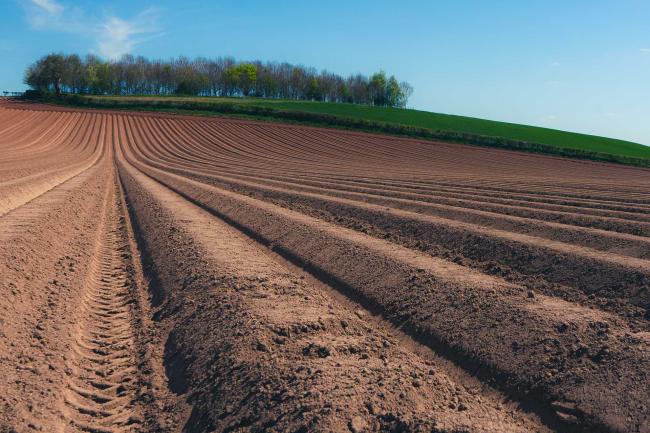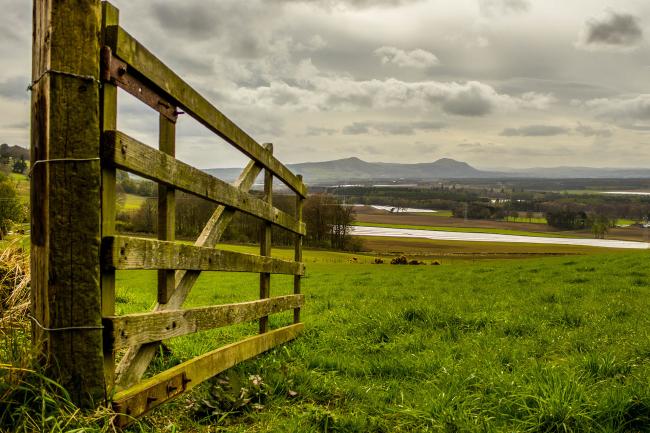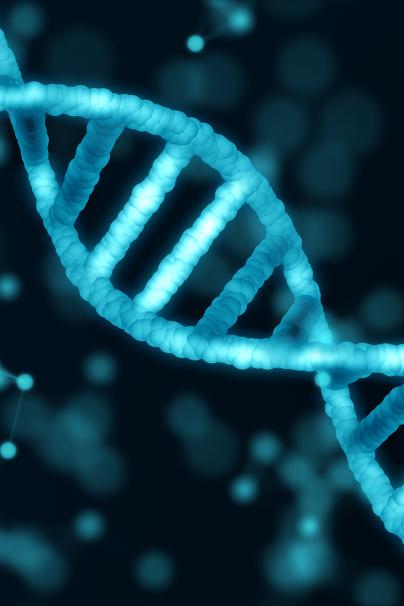
Biography
Personal Pronouns: She/Her/Hers
Contact details:
Rebecca is an ARIES DTP PhD student working in the Haerty Group looking at the conservation genomics of the European Polecat. Using whole genome sequencing approaches, her project aims to infer population structure and assess genetic differentiation between populations which could have conservation implications for the UK’s population of polecats.
Prior to starting her PhD, Rebecca obtained her BSc in Biology at the University of Aberdeen and an MSc in Animal Welfare Science at the University of Glasgow. She then returned to the University of Aberdeen to work as a research technician at the Institute of Medical Sciences. Within this role, she contributed to several research projects across different disciplines. Most notably, she investigated the role of Sox9 expression during eye development and looked at understanding how Salmonella typhi can overcome a host’s immune system.
Out with her academic achievements, Rebecca is an active STEM ambassador and science communicator. Her involvement in public outreach has led her to participate in events held by the RSPB, TechFest, Pint of Science and British Science Week.
In her spare time, she likes to cook, hike and is currently in pursuit of gaining her open water dive qualification. ‘
Publications
Related reading.

Decoding microbial diversity and function in irreplaceable habitats

2025 in focus: essential reading from our scientists
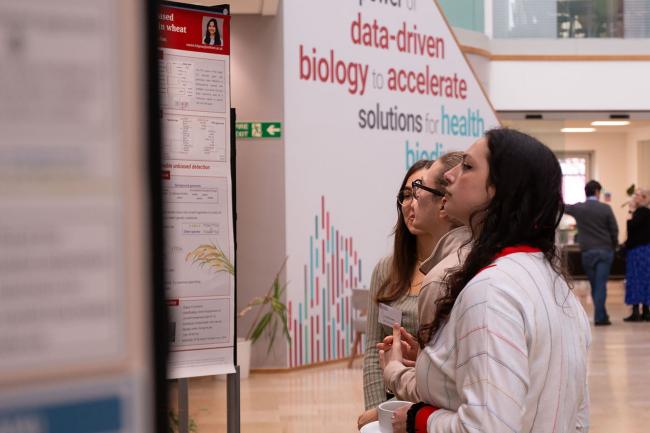
Research culture to crop resilience: our top five moments of 2025

New perspectives on human health and biodiversity using cell atlases
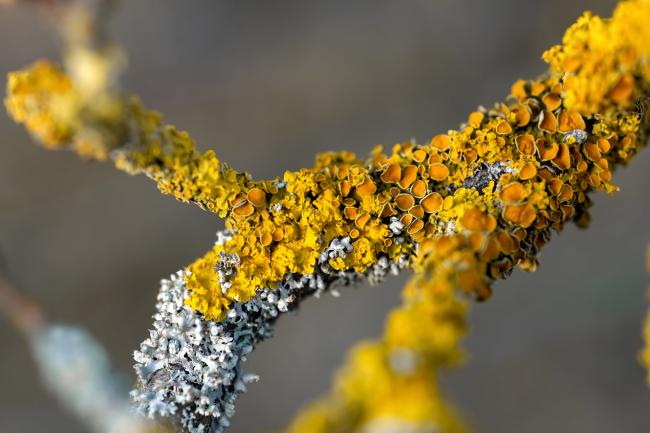
Mapping cellular dynamics with the lichen cell atlas
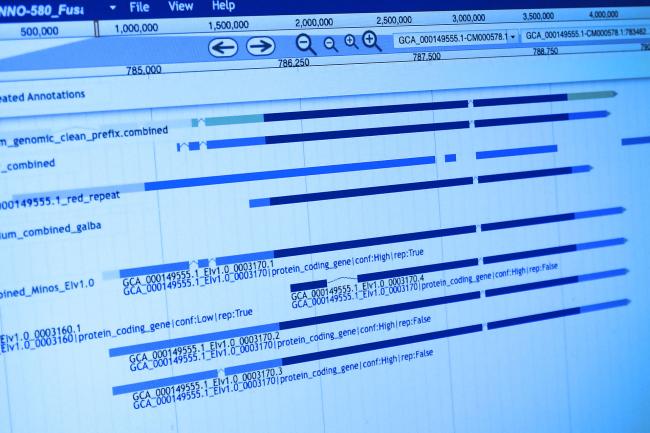
Pangenome annotation opens up a multiverse of genes
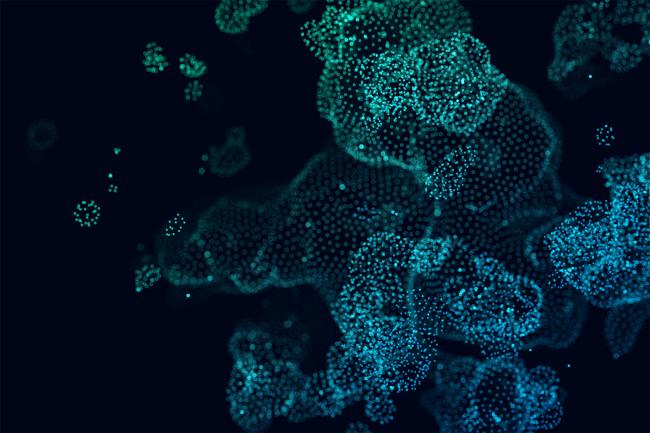
Integrating single-cell and spatial genomics across the tree of life
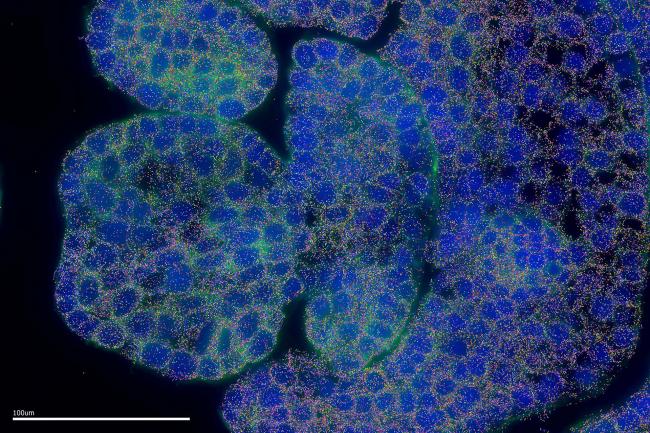
Innovations in spatial imaging could unlock higher wheat yields

Advancing forensic science: could a single cell prevent a wrongful conviction?

Earlham Institute PhD graduate recognised for excellence in scientific research
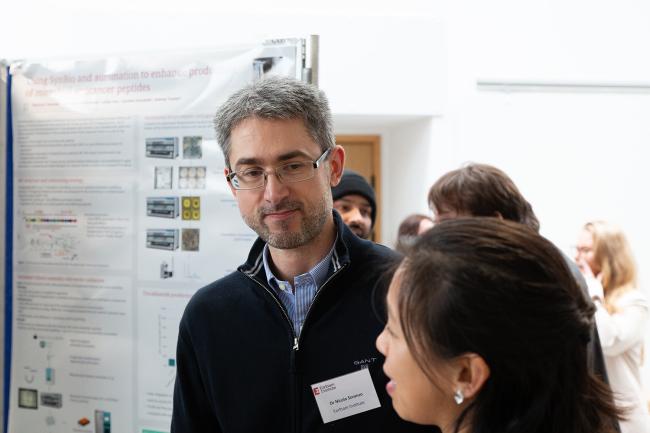
New fellowship launched to embed FAIR data across the UK life sciences
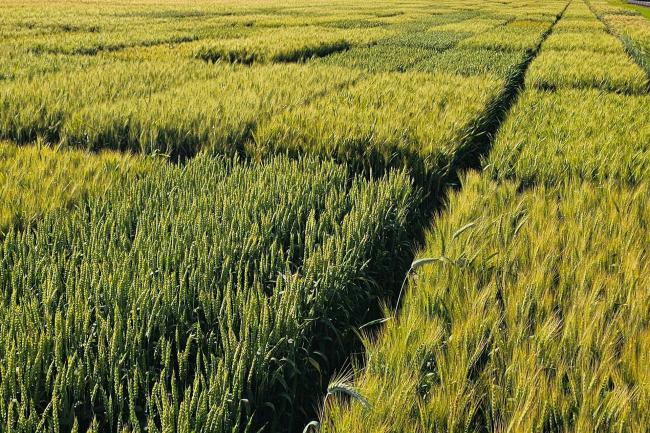
New wheat diversity discovery could provide an urgently-needed solution to global food security
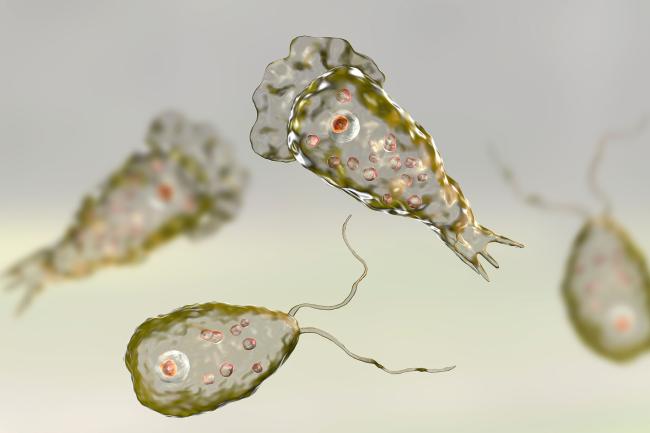
Single-cell genomics reveals hidden bacterial threats in Amoeba
